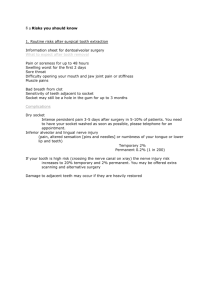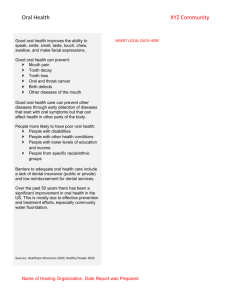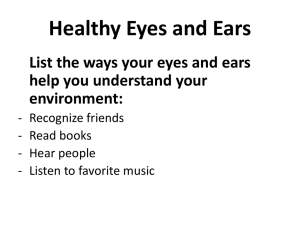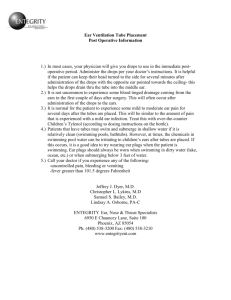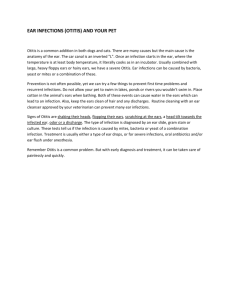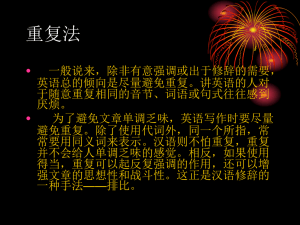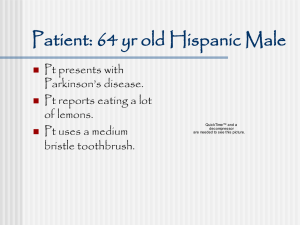First Aid: Take it from the Top
advertisement
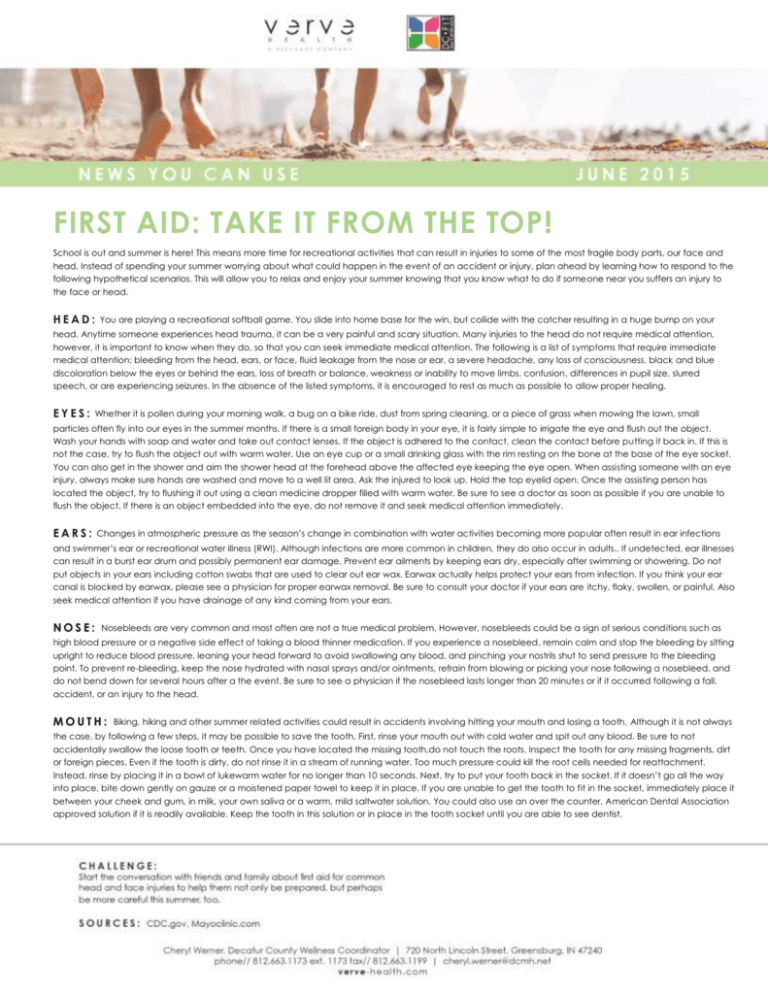
FIRST AID: TAKE IT FROM THE TOP! School is out and summer is here! This means more time for recreational activities that can result in injuries to some of the most fragile body parts, our face and head. Instead of spending your summer worrying about what could happen in the event of an accident or injury, plan ahead by learning how to respond to the following hypothetical scenarios. This will allow you to relax and enjoy your summer knowing that you know what to do if someone near you suffers an injury to the face or head. HEAD: You are playing a recreational softball game. You slide into home base for the win, but collide with the catcher resulting in a huge bump on your head. Anytime someone experiences head trauma, it can be a very painful and scary situation. Many injuries to the head do not require medical attention, however, it is important to know when they do, so that you can seek immediate medical attention. The following is a list of symptoms that require immediate medical attention: bleeding from the head, ears, or face, fluid leakage from the nose or ear, a severe headache, any loss of consciousness, black and blue discoloration below the eyes or behind the ears, loss of breath or balance, weakness or inability to move limbs, confusion, differences in pupil size, slurred speech, or are experiencing seizures. In the absence of the listed symptoms, it is encouraged to rest as much as possible to allow proper healing. EYES: Whether it is pollen during your morning walk, a bug on a bike ride, dust from spring cleaning, or a piece of grass when mowing the lawn, small particles often fly into our eyes in the summer months. If there is a small foreign body in your eye, it is fairly simple to irrigate the eye and flush out the object. Wash your hands with soap and water and take out contact lenses. If the object is adhered to the contact, clean the contact before putting it back in. If this is not the case, try to flush the object out with warm water. Use an eye cup or a small drinking glass with the rim resting on the bone at the base of the eye socket. You can also get in the shower and aim the shower head at the forehead above the affected eye keeping the eye open. When assisting someone with an eye injury, always make sure hands are washed and move to a well lit area. Ask the injured to look up. Hold the top eyelid open. Once the assisting person has located the object, try to flushing it out using a clean medicine dropper filled with warm water. Be sure to see a doctor as soon as possible if you are unable to flush the object. If there is an object embedded into the eye, do not remove it and seek medical attention immediately. EARS: Changes in atmospheric pressure as the season’s change in combination with water activities becoming more popular often result in ear infections and swimmer’s ear or recreational water illness (RWI). Although infections are more common in children, they do also occur in adults.. If undetected, ear illnesses can result in a burst ear drum and possibly permanent ear damage. Prevent ear ailments by keeping ears dry, especially after swimming or showering. Do not put objects in your ears including cotton swabs that are used to clear out ear wax. Earwax actually helps protect your ears from infection. If you think your ear canal is blocked by earwax, please see a physician for proper earwax removal. Be sure to consult your doctor if your ears are itchy, flaky, swollen, or painful. Also seek medical attention if you have drainage of any kind coming from your ears. NOSE: Nosebleeds are very common and most often are not a true medical problem. However, nosebleeds could be a sign of serious conditions such as high blood pressure or a negative side effect of taking a blood thinner medication. If you experience a nosebleed, remain calm and stop the bleeding by sitting upright to reduce blood pressure, leaning your head forward to avoid swallowing any blood, and pinching your nostrils shut to send pressure to the bleeding point. To prevent re-bleeding, keep the nose hydrated with nasal sprays and/or ointments, refrain from blowing or picking your nose following a nosebleed, and do not bend down for several hours after a the event. Be sure to see a physician if the nosebleed lasts longer than 20 minutes or if it occurred following a fall, accident, or an injury to the head. MOUTH: Biking, hiking and other summer related activities could result in accidents involving hitting your mouth and losing a tooth. Although it is not always the case, by following a few steps, it may be possible to save the tooth. First, rinse your mouth out with cold water and spit out any blood. Be sure to not accidentally swallow the loose tooth or teeth. Once you have located the missing tooth,do not touch the roots. Inspect the tooth for any missing fragments, dirt or foreign pieces. Even if the tooth is dirty, do not rinse it in a stream of running water. Too much pressure could kill the root cells needed for reattachment. Instead, rinse by placing it in a bowl of lukewarm water for no longer than 10 seconds. Next, try to put your tooth back in the socket. If it doesn’t go all the way into place, bite down gently on gauze or a moistened paper towel to keep it in place. If you are unable to get the tooth to fit in the socket, immediately place it between your cheek and gum, in milk, your own saliva or a warm, mild saltwater solution. You could also use an over the counter, American Dental Association approved solution if it is readily available. Keep the tooth in this solution or in place in the tooth socket until you are able to see dentist.
